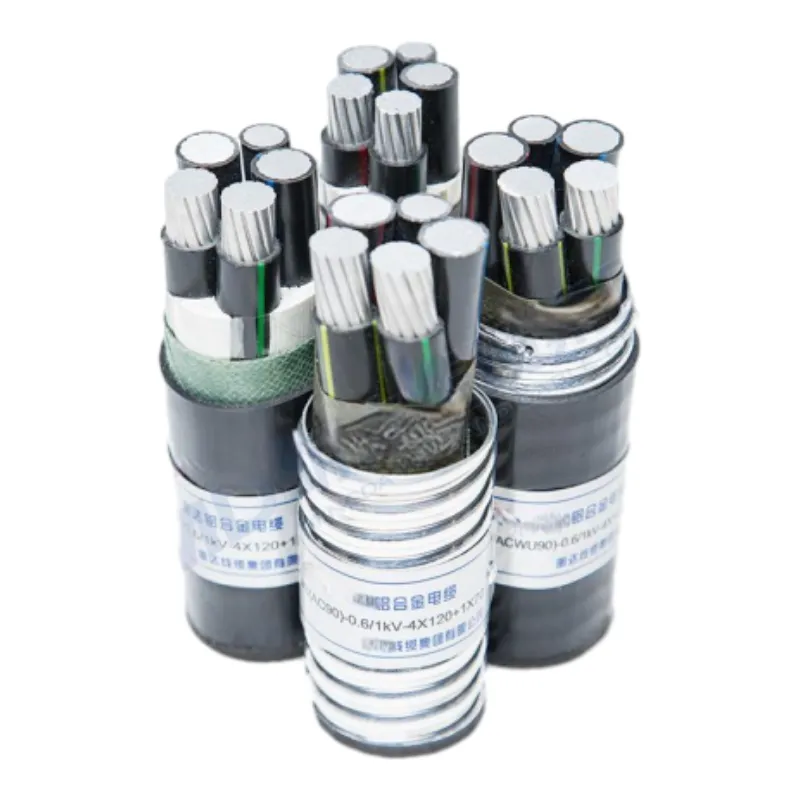Ноя . 25, 2024 10:02 Back to list
gate valve actuator
Understanding Gate Valve Actuators Mechanism and Applications
Gate valves are essential components in various industrial applications, used primarily to control the flow of liquids and gases. They allow for the on/off control of flow, making them a popular choice in many sectors, including oil and gas, water treatment, power generation, and HVAC systems. The efficiency and reliability of a gate valve heavily depend on its actuator, a device that translates energy into motion, facilitating the opening and closing of the valve. In this article, we will explore the types of gate valve actuators, their mechanisms, and their profound impact on various industries.
Types of Gate Valve Actuators
Gate valve actuators can be broadly categorized into manual, electric, pneumatic, and hydraulic types. Each has its unique advantages and is suited for different applications based on the operational needs.
1. Manual Actuators This traditional option involves hand wheels or levers. While cost-effective and simple, manual actuators require direct human intervention and are often impractical for remote or inaccessible locations.
2. Electric Actuators These actuators utilize electric motors to operate the valve. They provide precise control, can be easily integrated into automated systems, and allow for remote operation. Electric actuators are gaining popularity due to their versatility and ability to handle various industrial demands.
3. Pneumatic Actuators Utilizing compressed air, pneumatic actuators offer rapid operation and are ideal for high-speed applications. They are commonly used in industries requiring quick valve response times, such as manufacturing processes and waste management systems.
4. Hydraulic Actuators Hydraulic actuators leverage pressurized fluids to generate movement, making them suitable for large gate valves requiring considerable force to operate. Their strength and reliability make them indispensable in heavy industries, such as oil drilling and chemical manufacturing.
Mechanism of Action
The functioning of a gate valve actuator involves converting energy from its source—whether manual, electrical, pneumatic, or hydraulic—into linear or rotating motion to operate the valve.
gate valve actuator

In a typical electric actuator, for instance, the electric motor drives a gear mechanism that translates rotational motion into linear movement. This linear motion then raises or lowers the gate within the valve body. The actuator is often equipped with limit switches to prevent overtightening and to signal when the valve is fully closed or open.
Pneumatic and hydraulic actuators work on similar principles but employ air or fluid pressure to drive a piston. The movement of the piston either pushes or pulls the gate, allowing for smooth and efficient operation. In many applications, the choice between pneumatic and hydraulic actuators will depend on the specific requirements for speed and force.
Applications in Industries
Gate valve actuators are widely used across various industries due to their reliable performance and adaptability
.- Oil and Gas Industry High-pressure systems often require robust gate valves operated by hydraulic actuators to manage the flow of crude oil and gas safely.
- Water Treatment Plants Electric or pneumatic actuators control gate valves that regulate water flow through treatment processes.
- Power Generation In power plants, gate valves are crucial for managing steam and cooling water flow, with actuators ensuring efficient plant operation.
- HVAC Systems In heating, ventilation, and air conditioning applications, gate valve actuators help regulate airflow and temperature, ensuring optimal energy usage and comfort within buildings.
Conclusion
Gate valve actuators play a pivotal role in the functionality of gate valves across diverse industries. Understanding the different types of actuators and their operational mechanisms provides insight into how these critical components enhance efficiency and reliability in fluid control systems. As industries increasingly move toward automation and smart technologies, the evolution of gate valve actuators will continue to shape the landscape of fluid management and control. Embracing advancements in actuator technology will not only improve operational efficiency but also contribute to safer and more sustainable industrial practices.
Share
-
Reliable Wafer Type Butterfly Valves for Every IndustryNewsJul.25,2025
-
Reliable Flow Control Begins with the Right Ball Check ValveNewsJul.25,2025
-
Precision Flow Control Starts with Quality ValvesNewsJul.25,2025
-
Industrial Flow Control ReliabilityNewsJul.25,2025
-
Engineered for Efficiency Gate Valves That Power Industrial PerformanceNewsJul.25,2025
-
Empowering Infrastructure Through Quality ManufacturingNewsJul.25,2025